Partitioned matching games for international kidney exchange
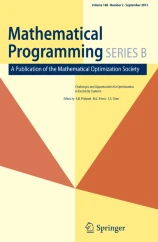
Márton Benedek – Péter Biró – Walter Kern – Dömötör Pálvölgyi & Daniel Paulusma Mathematical Programming Full Length Paper, Series A, Published: 11 February 2025 Abstract We introduce partitioned matching games as a suitable model for international kidney exchange programmes, where in each round the total number of available kidney transplants needs to be distributed amongst the participating […]
From vodka to craft beer : the craft beer revolution in the Baltic states
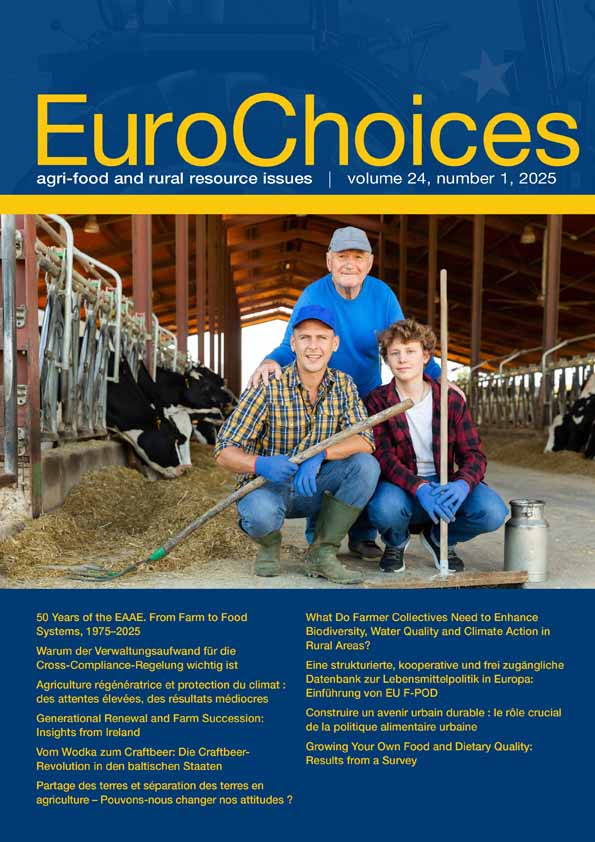
Imre Fertő – Ants-Hannes Viira – Aldona Stalgiené – Zoltán Bakucs Eurochoices, Vol. 24. No. 1. pp. 36-42. (2025) Summary The once flourishing beer sector of the Baltic states was decimated and homogenised into low-quality mass-produced beer during Soviet times. Against this background, the article examines the micro- and craft beer scenes in the Baltic […]
Revisiting the Dunning-Kruger effect: composite measures and heterogeneity by gender
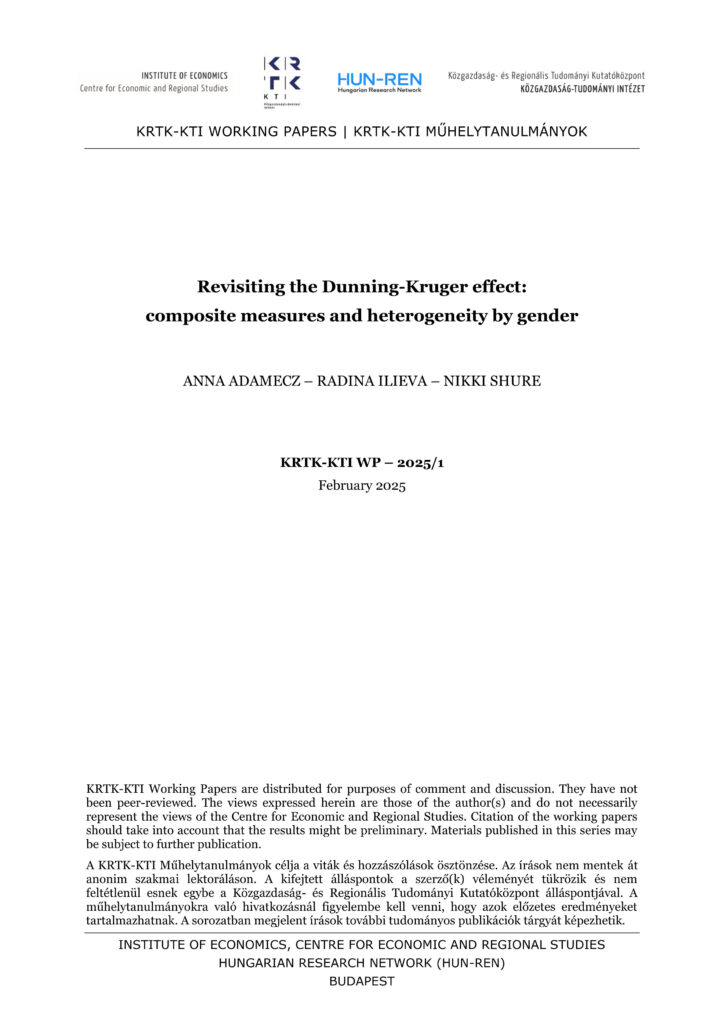
The Dunning-Kruger effect (DKE) states that people with lower levels of the ability tend to self-assess their ability less accurately than people with relatively higher levels of the ability. Thus, the correlation between one’s objective cognitive abilities and self-assessed abilities is higher at higher levels of objective cognitive abilities. There has been much debate as […]
The effect of positive feedback on primary school students’ academic self-concept: Gender heterogeneity in a light-touch randomized intervention
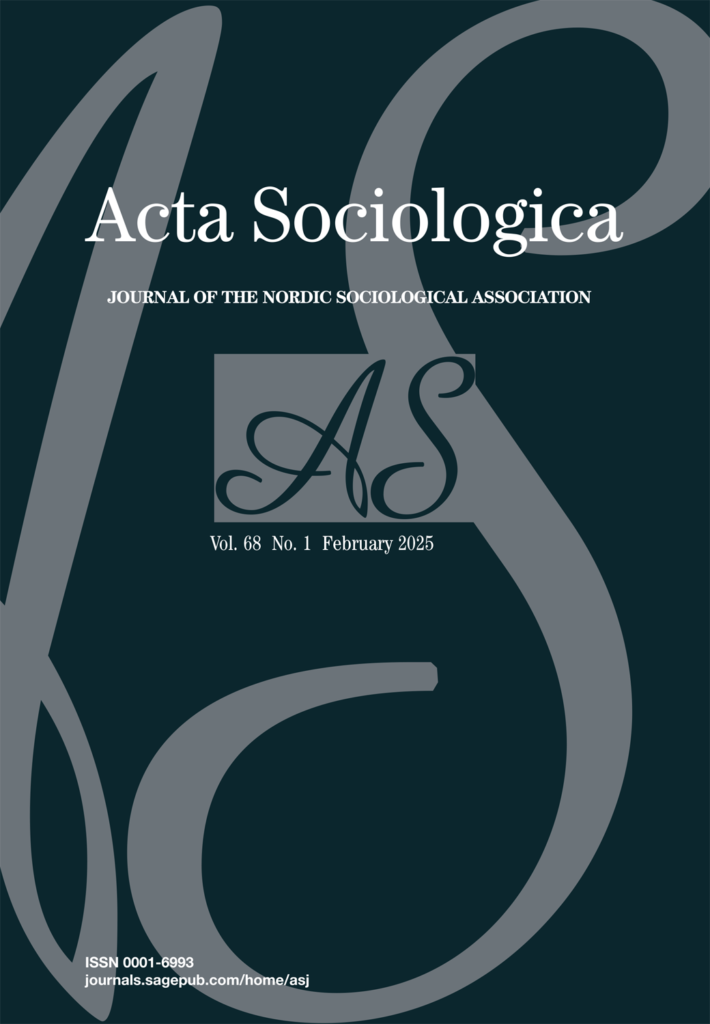
Tamás Keller Acta Sociologica Online first First published online January 31, 2025 Abstract This study analyzes the causal effect of positive feedback on students’ task-specific math self-concept using data from a randomized field experiment conducted among rural Hungarian primary school students. It examines how academic self-concept (ASC) responds to the smallest possible dose of positive […]
How to measure consumer’s inconsistency in sensory testing?
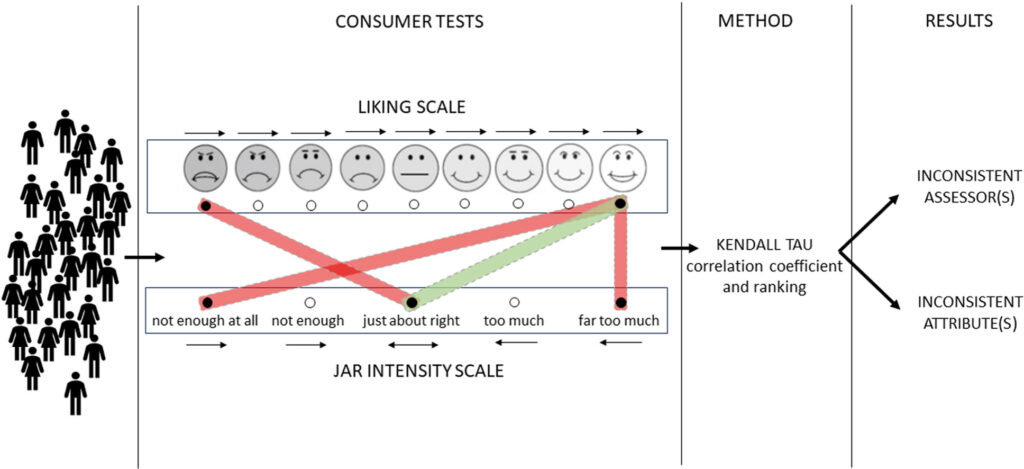
László Sipos – Kolos Csaba Ágoston – Péter Biró – Sándor Bozóki – László Csató Current Research in Food Science, 100982 Vol. 10. (2025), Available online 28 January 2025 Abstract Consumer sensory testing is the basis for determining directions of product development in the food industry. However, while compliance assessment by trained and expert assessors […]
The effects of a disability employment quota when compliance is cheaper than defiance
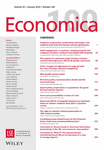
Judit Krekó – Álmos Telegdy Economica Early view, First published: 24 January 2025 Abstract This paper evaluates the effects of the Hungarian disability employment quota, which requires firms over a size threshold to employ individuals with disabilities or pay a non-compliance tax. In 2010, the tax was raised from very low levels to 170% of the minimum wage cost […]
The effect of air pollution on fertility in 657 European regions
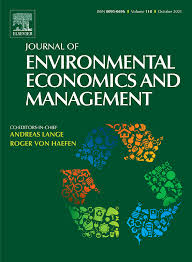
Árpád Stump – Ágnes Szabó-Morvai Journal of Environmental Economics and Management In Press, Journal Pre-proof, Available online 20 January 2025 Abstract This study examines the impact of ambient air pollution on birth rates in Europe. We estimate the causal effect of air pollution on fertility by utilizing variations in wind speed and the number of […]
Cultural Homophily and Collaboration in Superstar Teams
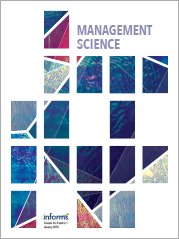
Gábor Békés – Gianmarco I. P. Ottaviano Management Science, Articles in Advance Published Online: 20 Jan 2025 Abstract One may reasonably think that cultural homophily, defined as the tendency to associate with others of similar culture, affects collaboration in multinational teams in general but not in superstar teams of professionals at the top of their […]
Kisgyermekes anyák munkaerőpiaci helyzetének alakulása középtávon a koronavírus-járványt követő időszakban
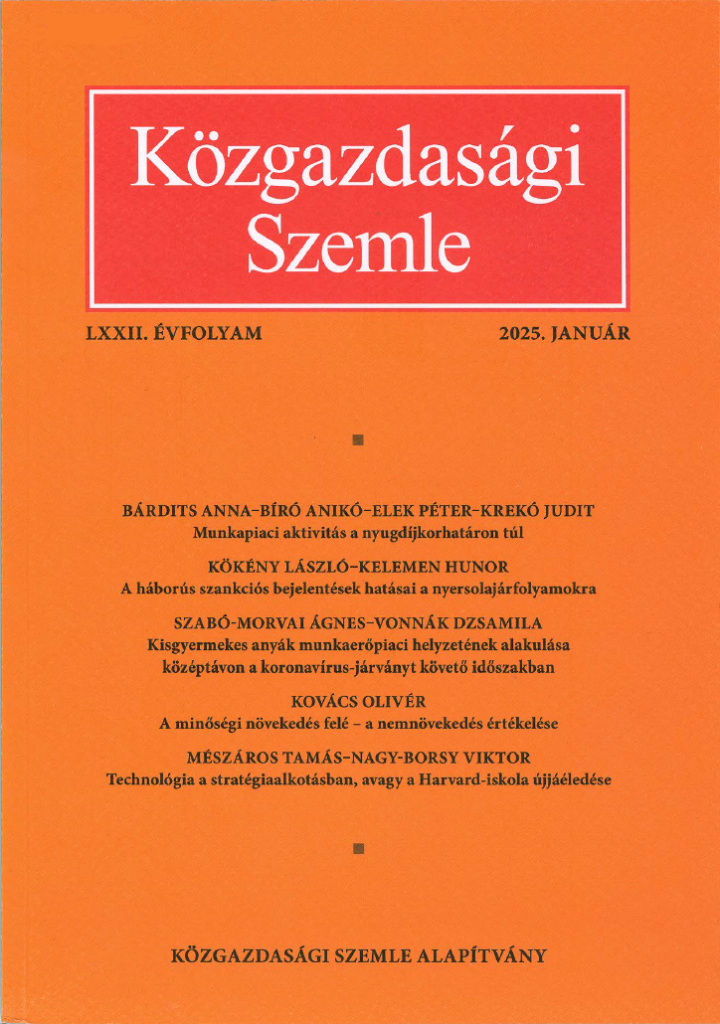
Szabó-Morvai Ágnes – Vonnák Dzsamila Közgazdasági Szemle, 72. évf. 1. sz. pp. 50-58. (2025) Tanulmányunkban azt vizsgáljuk, hogyan változott a kisgyermekes nők munka erő piaci helyzete a koronavírus-járvány időszakában. A járvány során többször is megszakadt a gyermekek nappali ellátása, és a lezárások ideje alatt a szülőknek otthon kellett maradniuk gyermekeikkel, ami nagy terhet rótt a […]
Munkapiaci aktivitás a nyugdíjkorhatáron túl

Bárdits Anna – Bíró Anikó – Elek Péter – Krekó Judit Közgazdasági Szemle, 72. évf. 1. sz. pp. 1-19. (2025) Magyarországi egyéni szintű adminisztratív adatok felhasználásával vizsgáljuk a munkapiaci aktivitást a nyugdíjkorhatáron túl. Bemutatjuk a nyugdíjkorhatárt betöltött egyének foglalkoztatási arányait nőkre és férfiakra külön, majd megvizsgáljuk, hogyan függ össze egyéni jellemzőkkel a nyugdíjkorhatár betöltése utáni munkavállalás […]
Gender Equality and Green Entrepreneurship in Farms
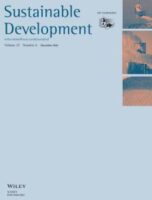
Imre Fertő – Štefan Bojnec Sustainable Development – First published: 1 January 2025 Abstract Gender dynamics in agricultural sustainability, particularly within the framework of Agri-Environmental-Climate-Schemes (AECS), play a critical role in advancing green entrepreneurship. This study explores gender-based differences in the adoption and intensity of AECS practices among Hungarian farms, emphasising the implications for gender equality in sustainable agricultural […]
Does Monetary Policy Stabilise Food Inflation in Hungary?

Imre Fertő – Tibor Bareith Agris on-line Papers in Economics and Informatics – Vol. 16. No. 4. 2024. p. 69-77 Abstract This study examines the relationship between monetary policy and food price inflation in Hungary from January 2007 to December 2023 using the Nonlinear Autoregressive Distributed Lag (NARDL) model. Our analysis reveals that although the […]





